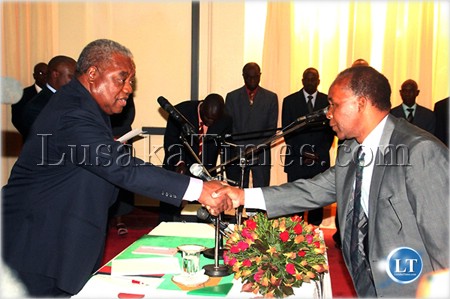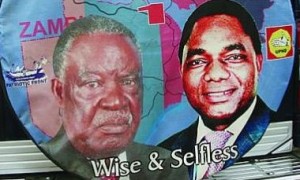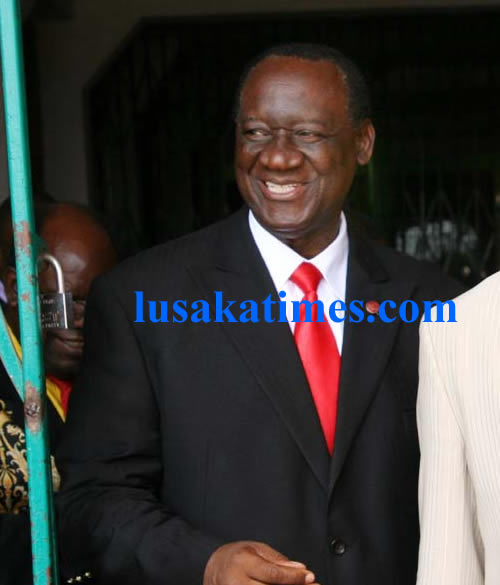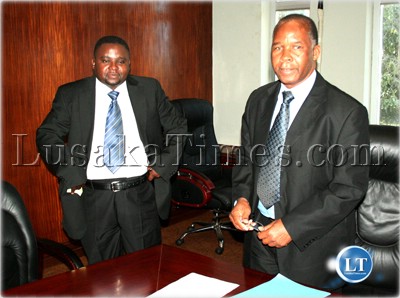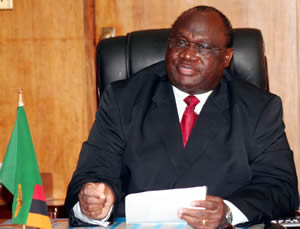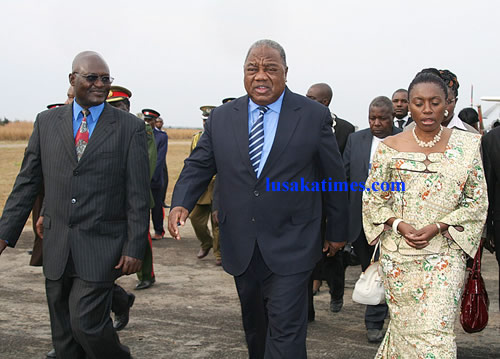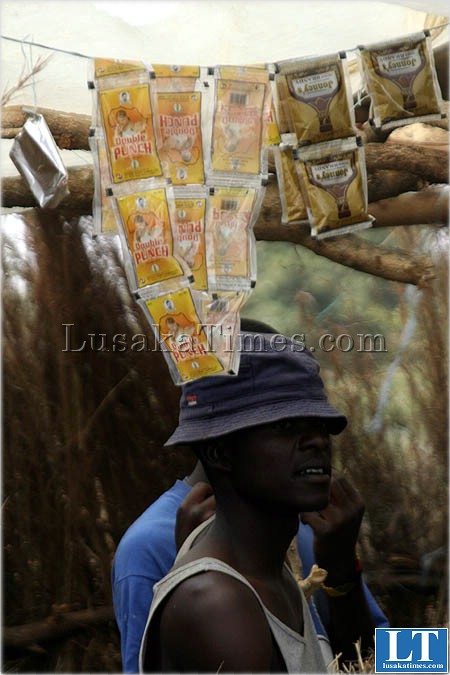Last month’s successful privatization of Zamtel by President Rupiah Banda’s Government is great news for Zambians, delivering the promise of improved telecom industry competitiveness, cheaper phone calls, high-speed broadband internet, and ultimately, a real growth catalyst for Zambian businesses. We asked Director General of the Zambia Development Agency, Andrew Chipwende, for the facts behind one of Zambia’s most successful privatizations – and what consumers can look forward to from the new Zamtel:
Why did you privatize Zamtel?
AC: As Zambia’s only fixed line operator, and one of just three mobile operators, Zamtel is central to our country’s communications infrastructure. As such, it has served Zambian consumers and businesses for many years. However, as competitors have entered the market its old business model and aging infrastructure have struggled to keep up. We needed to identify a way to modernize Zamtel’s service and invest in the development of more advanced telephone networks, for all Zambians. In short, we wanted to reposition Zamtel so that it can realize its true potential.
Is this good news for Zambia?
AC: Definitely! President Banda has made Zambia the first African country to deliver a telecoms privatization of this nature. At US$257 million it is the most single successful privatization in Zambia’s history. This value when looked at in terms of enterprise value per subscriber, we have achieved a price of US$1,770 per subscriber, well above recently completed African telecom transactions such as Burkina Faso, Mali, Ghana and Niger telecoms. We have pioneered a new approach to make this work and are setting an example for other countries to follow. Zambia has always led the way in privatization but we are now setting new standards for ourselves. We have shown that we can make a deal like this work – to the benefit of all Zambians while at the same time making it attractive for investors to pay a premium. This is a boost for those who want to work and create jobs here.
Will Zambians get a better service?
AC: Absolutely. This is at the very heart of this privatization. This transaction was done as a component of far broader telecom sector reform measures by Government. You will already have seen the advertising from Zain and MTN offering cheaper international calls. The sector reforms introduced in parallel with Zamtel’s privatization have already contributed to reducing international calling costs by 70%, and we expect local interconnect rates to also follow suit. And that’s just the start. We have also helped to support a quicker roll out of the fibre-optic network across Zambia so that most urban and rural areas will have access to high speed broadband within the next few months.
What would have happened if you hadn’t privatized Zamtel?
AC: Zamtel was insolvent and owed a significant amount of money to foreign suppliers and banks. By June 2010, it would have defaulted on some of its interest and principal repayments which have triggered massive cross defaults.. This would have resulted in lenders calling in their loans, suspension of vital network programmes, reclaiming of vital equipment and eventually the company’s effective collapse through receivership, then liquidation. Workers would have lost their jobs, most likely without any compensation, and customers would have lost their service. If Zamtel had failed, the impact on telephone and internet services would have been extremely negative – it could have set the country back several years. But still investors would have been able to buy the residual assets of the company at rock bottom, break-up values.
Will the Zambian people have to pay for Zamtel’s debt?
AC: No. Under the terms of the privatisation deal we have ensured that all debt is repaid from the proceeds of the sale, that all Zamtel workers receive generous payouts and that money is made available to upgrade and improve Zamtel’s service for customers.
What is happening to Zamtel’s workforce?
AC: Under the terms of the agreement Zamtel’s whole workforce will receive redundancy packages, but many will be re-employed, as around 800 jobs will be re-created in Zamtel. Everybody employed in Zamtel will receive 3 months’ payment for each year they worked at Zamtel, plus other gratuity payments. This money will go straight into employees’ bank accounts. The net effect is an injection of nearly US $100 million into the Zambian economy. We have worked closely with the National Union of Communications Workers, who have been very supportive of our approach, and of the package provided to Zamtel’s workers. With all the skills available in Zamtel, many opportunities are available to be seized in outsourcing of services not just in zamtel, but other telecom and ICT companies. Our Micro, Small Enterprise Division at ZDA is at hand to mentor those that want to venture into business.
Where has all the money gone?
AC: Some of the US $257 million released through this privatization has gone to pay off Zamtel’s debt. Close to US$ 100 million will be paid directly to Zamtel’s workers as their redundancy packages, within 60 days of the completion of the privatization. US$ 64 million will be channeled back into Zamtel to contribute to the recapitalization of the company. Further amounts will go towards resolving Zamtel’s unfunded pension deficit. In short, the Government has used the vast majority of the proceeds from the transaction to contribute to the future of the company and its employees, rather than just pocketing the money and walking away – as has been the case in many other cases across Africa.
Who owns the new Zamtel?
AC: LAP GreenN won the bid to take a 75% stake in Zamtel, after a competitive and transparent bidding process. LAP GreenN is headquartered in Uganda, and is owned by Libya Africa Portfolio which has investments in banking, tourism, property development, oil and gas. It has a strong track record of delivering successful turnarounds of state-owned telecoms businesses, in Rwanda, Uganda and Ivory Coast among others. GRZ will also own 25% shareholding and by virtue of this, exercise veto rights on key strategic matters through the shareholders agreement. Ultimately, once the company is turned around, it is GRZ’s intention to offer its shares to the general public through a public flotation. At that point Zamtel will become a publicly listed company.
How can you be sure that LAP GreenN will invest in improving Zamtel?
AC: President Banda’s Government has retained a 25% stake in Zamtel, and has seats on the board of Zamtel. Moreover, as part of the shareholders’ agreement between LAP GreenN and the Government, Zamtel is required to meet business plan targets, so we can be sure that it is well run and offers customers a good service. But it’s also important to remember that it’s in LAP GreenN’s interests to turn Zamtel into a strong, sustainable and successful business. The Government has an excellent relationship with LAP GreenN, and we’re confident that Zamtel’s future, with their contributions, is a bright one.
So what is the future for Zamtel?
AC: In short, growth and development. There are exciting plans in place to upgrade Zamtel’s services and improve its infrastructure so that all customers can enjoy lower call costs, more reliable service, and faster mobile and fixed Internet connections. Thanks to President Banda’s commitment to saving Zamtel we are confident that it will go from strength to strength, and be held up as a shining example of how a telecoms operator, and an important national asset, can be turned around to the benefit of the whole population. The positive results, which are already beginning to show, will speak for themselves.
[IT News Africa]


